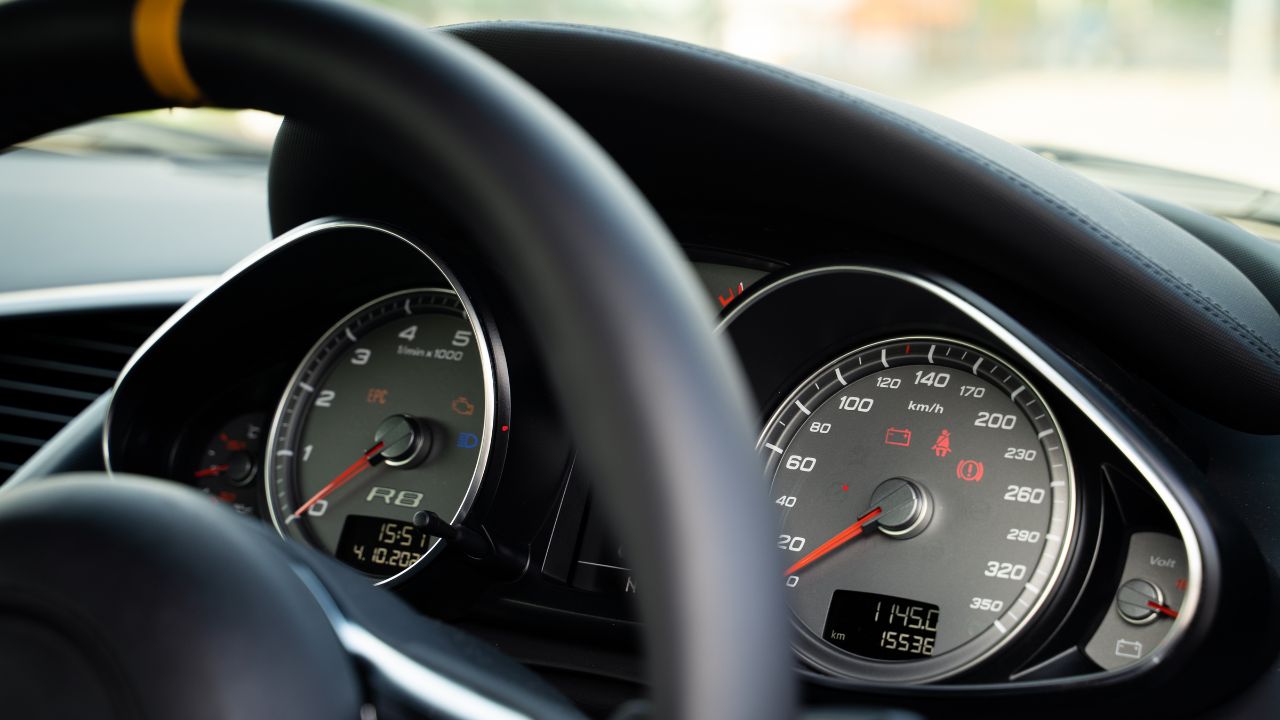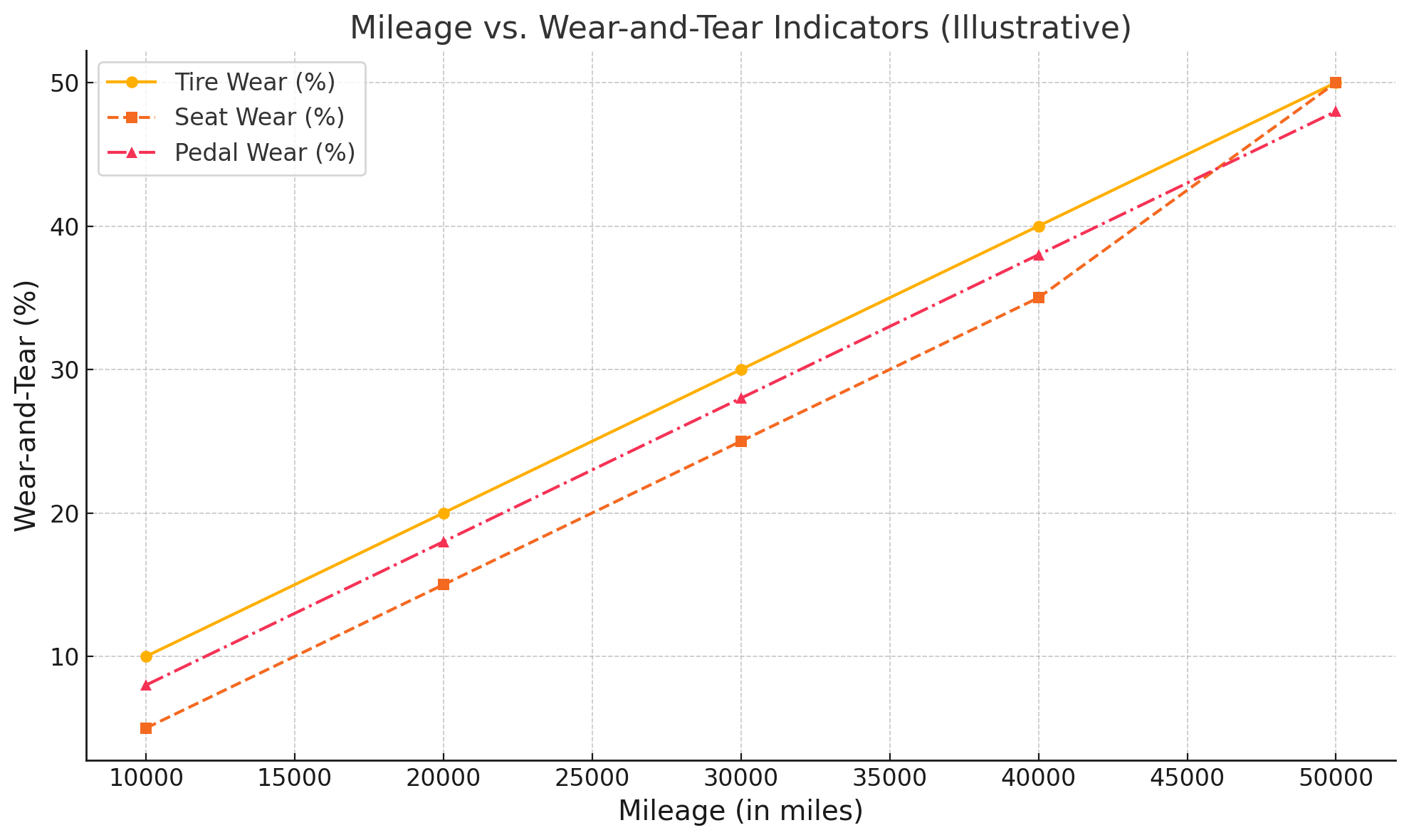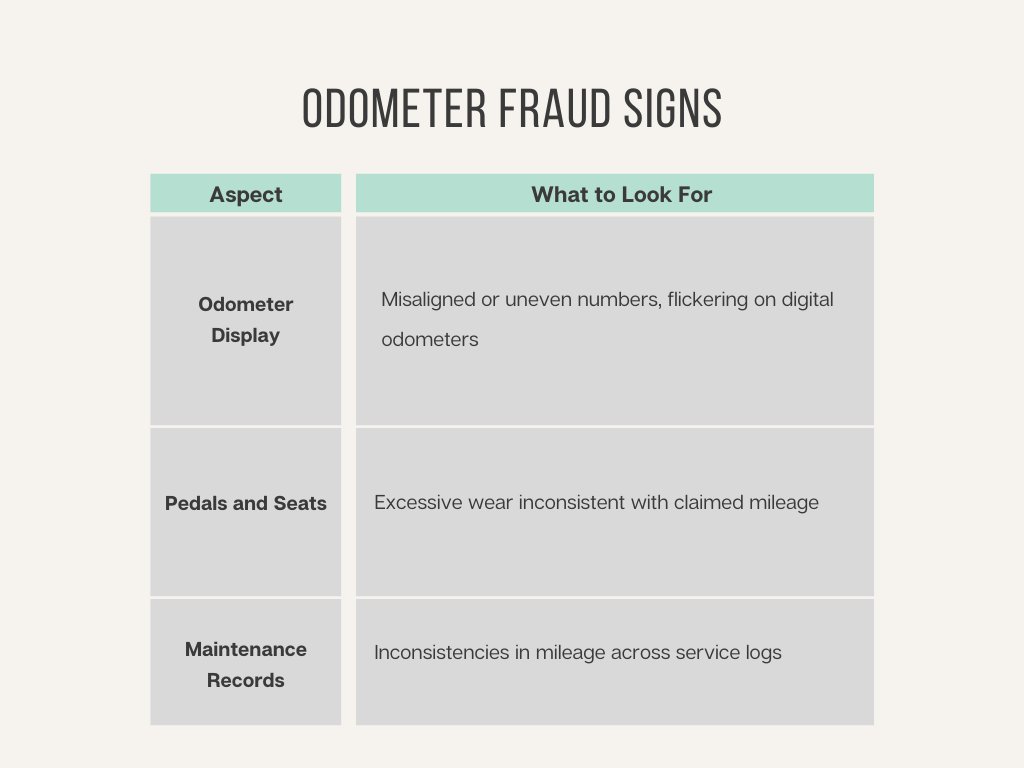Buying a used car can be a smart financial decision, but it comes with its risks, one of the most concerning being odometer fraud. In Wisconsin, like many other states, this deceptive practice remains a significant issue. Learning how to spot potential fraud and verify a car’s history can save you from costly mistakes. In this guide, we’ll walk you through the essentials of avoiding odometer fraud, including how a license plate lookup can help you uncover accurate mileage records.

The Prevalence of Odometer Fraud in Wisconsin’s Used Car Market
Odometer fraud, the act of tampering with a vehicle’s odometer to display a lower mileage than the car has actually traveled, is more common than many realize. According to the National Highway Traffic Safety Administration (NHTSA), odometer fraud costs American consumers over $1 billion annually. Wisconsin is no exception, as used car buyers frequently encounter vehicles with altered mileage.
Why is odometer fraud such a big deal? The mileage of a car is a critical factor in determining its value. Lower mileage cars typically command higher prices because they’re presumed to be less worn and have longer lifespans. Unscrupulous sellers exploit this by rolling back odometers, deceiving buyers into overpaying for a vehicle that may require costly repairs sooner than expected.
Wisconsin has laws in place to combat odometer fraud, but it can still slip through the cracks, especially with private sales or vehicles purchased from unverified sources. This makes it crucial for buyers to take proactive steps to verify a car’s history and mileage.
How a License Plate Lookup Helps Verify Accurate Mileage Records
One of the most effective tools for identifying odometer fraud is a license plate lookup. This method allows you to access a vehicle’s history, including its mileage records, reported accidents, title changes, and more. By reviewing this data, you can cross-check the mileage shown on the car’s odometer with official records to spot any discrepancies.
For instance, if a car’s odometer reads 50,000 miles, but a license plate lookup reveals a reported mileage of 80,000 from a previous title change, that’s a red flag. Such inconsistencies indicate that the odometer may have been tampered with, signaling potential fraud.
In Wisconsin, you can look up license plate number through tools designed to provide comprehensive vehicle history reports. These tools pull information from state databases, auctions, service centers, and insurance records, giving you a clearer picture of the car’s past. By verifying mileage with a License Plate Lookup Wisconsin Tool, you’ll gain peace of mind and protect your investment.
Tips for Inspecting Odometers and Recognizing Signs of Tampering

This chart illustrates how wear-and-tear on tires, seats, and pedals correlates with mileage, providing a clear benchmark for assessing vehicle condition.
While a license plate lookup is a powerful resource, it’s also essential to physically inspect the vehicle and its odometer. Here are some practical tips to help you identify potential odometer tampering:
1. Examine the Odometer Display
- On older cars with mechanical odometers, look for misaligned numbers. If the digits are crooked or don’t line up perfectly, this could indicate that the odometer has been tampered with.
- On digital odometers, tampering is harder to detect visually, but any irregularities in the display, such as flickering or inconsistent brightness, might be a warning sign.
2. Check the Vehicle’s Wear and Tear
The overall condition of the car should match its mileage. For example:
- A car with low mileage should have minimal wear on the pedals, steering wheel, and driver’s seat.
- Excessive wear in these areas could indicate that the car has more miles than the odometer shows.
3. Review Maintenance Records
Ask the seller for maintenance and service records. These documents often include mileage readings that you can compare to the current odometer reading. Inconsistencies between these records and the odometer could point to fraud.
4. Inspect the Tires
Tires can also give you clues about a car’s mileage. New tires are usually needed after 25,000 to 50,000 miles, depending on the type and quality. If the car has “new” tires but a low odometer reading, it might be worth investigating further.
5. Be Wary of Unusually Low Mileage
While a low mileage vehicle might seem like a great deal, it’s important to approach such offers with caution. Verify the mileage with both physical inspections and a license plate lookup to ensure you’re not being misled.
Steps to Take If You Suspect Odometer Fraud

If you notice signs of odometer tampering or inconsistencies in mileage records, don’t ignore them. Here’s what you should do:
- Confront the Seller
Politely ask the seller to explain the discrepancies. Sometimes there might be a reasonable explanation, such as a clerical error in records. - Walk Away If Necessary
If the seller cannot provide a satisfactory explanation or seems evasive, it’s best to walk away. There are plenty of legitimate cars on the market, and it’s not worth the risk. - Report Suspected Fraud
You can report odometer fraud to the Wisconsin Department of Transportation (WisDOT) or the NHTSA. This helps protect other consumers from falling victim to the same fraudulent practices.
Protect Yourself with a Thorough Inspection
Avoiding odometer fraud in Wisconsin’s used car market requires a combination of vigilance, knowledge, and the right tools. By utilizing a license plate lookup and thoroughly inspecting the vehicle, you can reduce your chances of being deceived. Always take your time when making a purchase and don’t hesitate to seek help from a trusted mechanic or a vehicle history expert.
When you’re armed with the right information, you can confidently make a purchase that meets your needs and expectations.
Ready to verify a vehicle’s mileage? Verify mileage with our Wisconsin License Plate Lookup Tool and make an informed decision today!